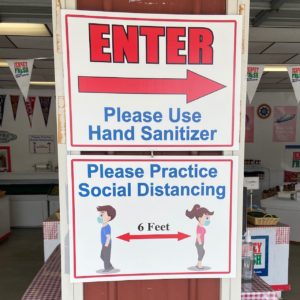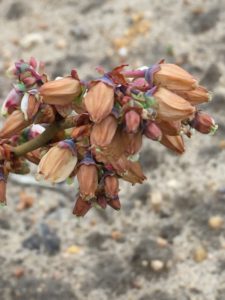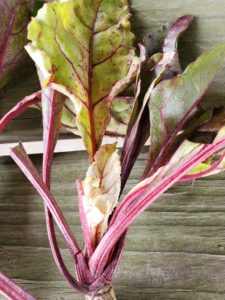The last springtime Rutgers Cooperative Extension, “Ask the Ag Agent” weekly 1-hour sessions for farmers will take place tonight 5/27/20 at 7:00PM. We realize the season is well underway and most farmers are out in the fields. With the regular sessions ending for now, please reach out to your local County Agricultural Agent at anytime for assistance. We are open for business, and as times have changed we have changed with them.
This last online webinar/call in event will begin promptly at 7:00PM with an open forum to discuss ag-related questions about production, marketing, regulations and any other topics farmers wish to discuss.
Thank you to all who joined each week over the past two months and thank you to the Ag Agents and Extension Specialists who have participated. Bill Bamka, Stephen Komar, Meredith Melendez and Michelle Infante-Casella created and hosted this forum one week after the State of NJ went into lockdown and it has been quite the journey. Please join us for one last session for spring. All are welcome.
To access via WebEx on a computer go to https://go.rutgers.edu/rc9n3kxt
Join by phone
+1-650-429-3300 USA Toll
Access code: 799 743 872 # and then # again to join

 Farmer Panel: Tracy Duffield-Duffield’s Farm Market, Dave Specca- Specca’s Pick-Your-Own Farm and Jess Niederer – Chickadee Creek Farm and CSA will discuss what they have changed on their farms due to COVID-19.
Farmer Panel: Tracy Duffield-Duffield’s Farm Market, Dave Specca- Specca’s Pick-Your-Own Farm and Jess Niederer – Chickadee Creek Farm and CSA will discuss what they have changed on their farms due to COVID-19.


